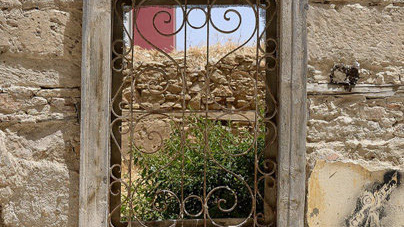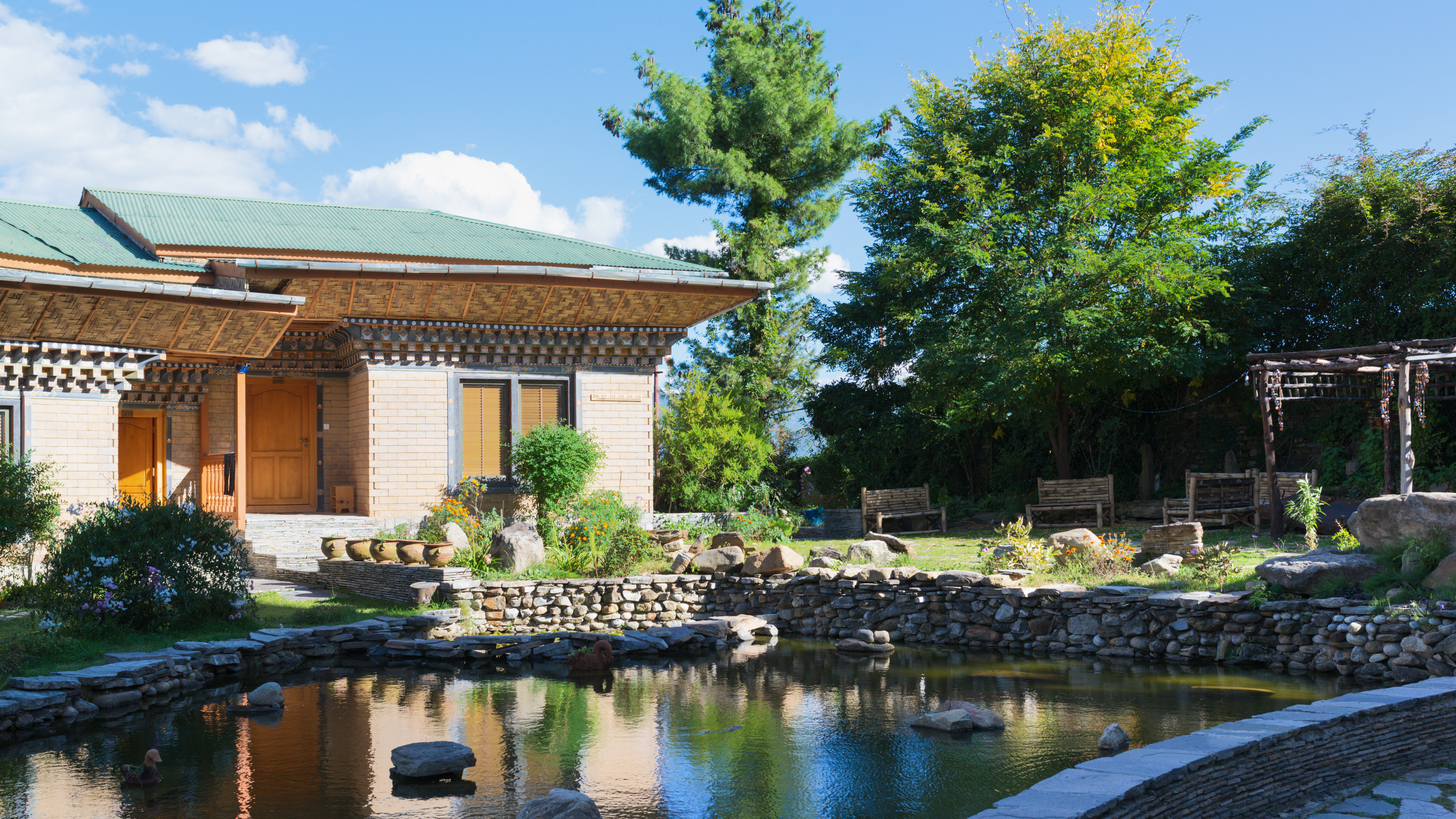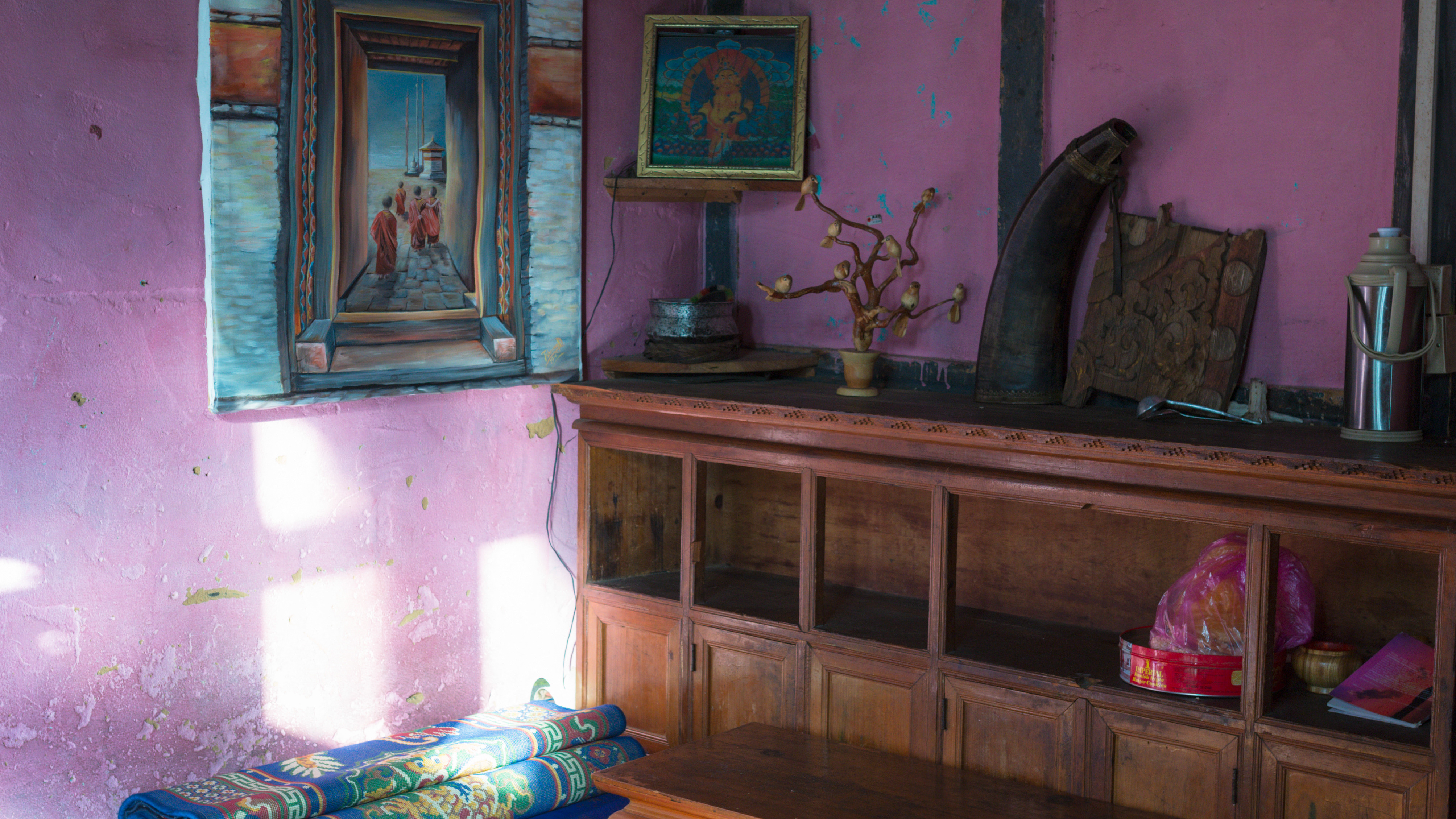Stonecrushers in Nepal refer to individuals, often from marginalized communities, who are engaged in manual stone crushing as a means of livelihood. These individuals work in hazardous conditions, manually breaking down large stones and rocks into smaller pieces using hammers and other basic tools.
The practice of stonecrushing in Nepal is prevalent in both rural and urban areas, where there is a demand for gravel, aggregates, and construction materials. Many of these stonecrushers work in unregulated and informal settings, without proper safety measures or protective equipment, putting their health and well-being at risk.
Due to socio-economic factors, some people in Nepal resort to this labor-intensive and risky work as a means of survival, despite the adverse conditions and health hazards. The lack of viable alternative employment options and economic opportunities often drives them into this form of work.
Stonecrushers in Nepal play a role in supporting the construction industry by providing affordable construction materials to local communities. However, it is crucial to address their working conditions and safety concerns to protect their rights and improve their overall well-being.
Government and non-governmental organizations strive to create awareness about the risks associated with manual stone crushing and advocate for better working conditions, access to education, and alternative livelihood opportunities for those involved in this sector. The aim is to promote sustainable development while safeguarding the health and dignity of these individuals, ultimately working towards eliminating hazardous manual stonecrushing practices in Nepal.
Photography: Walter Somers
in collaboration with High Asia Tours
and special thanks to my guide Rashmila Ji









